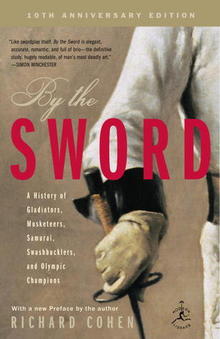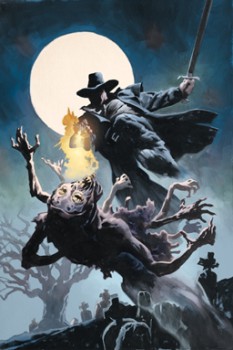Things Your Writing Teacher Never Told You: Tricks for Writing in Public
 Last week, I talked about how to find the right space at home for writing. As a part of that, I touched on the fact that, sometimes, the primary purpose of a room can interfere subconsciously with your writing efforts.
Last week, I talked about how to find the right space at home for writing. As a part of that, I touched on the fact that, sometimes, the primary purpose of a room can interfere subconsciously with your writing efforts.
In our condo, I made the second, tiny, bedroom my office space. But since I spend a lot of time in there grading student papers, modifying my class curriculum, prepping for the next class, doing administrative and publicity work for the Gumbo Fiction Salon reading series, writing non-fiction, handling business correspondence, doing travel planning, and other writing-related-but-not-fiction-writing work, sometimes, even with the playful decor of the room, my office is not the best place to write fiction. I’m too aware of the other tasks that need to be done.
In other rooms, I’m often distracted by the visual To-Do List that pops up everywhere I look. There’s always laundry that’s piling up, a few dishes in the sink, a closet or cabinet or shelf that needs organizing, administrative work to do. And while making sure the clutter or items that need attention are behind me, I’m aware of the chores, even if they aren’t in my peripheral vision.
Sometimes, the only way I can escape the visual To-Do List, is to get out of the house. I do some of my best fiction writing out in public. Part of that is the “out of sight, out of mind” concept, but there’s also an element of helpful coercion. I don’t have to prioritize and make judgments about whether my writing or housework or grading or administrative stuff should be done first. If the only work I have with me is my writing, then I might as well be productive and do it.








